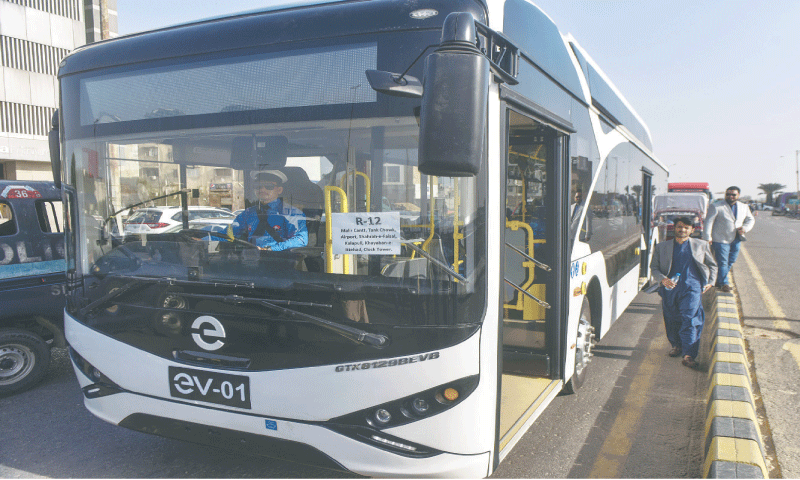ISLAMABAD: Experts at an informative webinar showcasing a recent booklet on electric power system and tariff structure emphasised on the need to simplify the existing electric power system and tariff structure to reduce burden on the domestic consumers.
The Sustainable Development Policy Institute (SDPI) organised the webinar to launch its latest booklet: “Understanding Electric Power System and Tariff Structure in Pakistan: A Basic Guide.”
Zainab Babar, Research Associate from SDPI while moderating the webinar said the recent changes in tariff and energy policy sparked unrest not only among consumers but also energy policy makers. However, the SDPI has introduced a booklet on power system working and tariff setting to explain queries of the consumers in a comprehensible way.
In his opening remarks, Engineer Ahad Nazir, Associate Research Fellow and Head of Center for Private Sector Engagement said Pakistan’s power sector was technical and complex whereas the booklet is endeavouring to make this complex subject understandable from the value chain approach from power generation to transmission, distribution and finally how tariff is determined as even experts qualified in energy subjects are finding it hard to grasp.
The most frequently asked questions by the consumers are pertaining to fuel price adjustment and quarterly tariff adjustment whereas the booklet sheds light on these aspects, he added.
Dr Khalid Waleed, Research Fellow at SDPI and Energy Expert said price signals are very important for developing countries in the power sector as it is used to drive demand and supply of power to drive policy decisions.
“There has been massive uncertainty involved in power tariff setting mechanisms through which policy makers can use those signals for tariff setting. In Pakistan the sector is over complicated,” he said.
Dr Khalid explained that almost 89pc of the total power consumers relied on residential sector that consumes about 48pc of total electricity followed by industrial consumers utilizing 25pc of the total electricity produced and make only one per cent of the total consumers There are four distinct layers in tariff setting, he said, adding the first layer consists of generation energy price including fuel cost; second of the capacity price, return on equity (debts servicing); third is the fuel price adjustment and then comes transmission cost that includes operations and maintenance and finally the government taxes of multiple types.
He mentioned that there was a need to devise innovative financial solutions, liberalised market, targeted subsidies, simplified slab mechanism, net metering and gas connection, energy efficient and conservation, competitive tariff and quality of service to increase energy consumption in the industrial sector.
Afia Malik, Senior Research Economist, Pakistan Institute of Development Economics (PIDE) said due to lack of understanding of tariff formulation consumersare unable to control their electricity bills.
Ahtasam Ahmad, Energy Finance Associate at Renewables First said the simplification of entire structure and mechanism of tariff setting is crucial as the fundamental problem is on the end of the government.
Inherent mismatch between the tariff and revenue needs to be figured out that would help end the uncertainty on the tariff, and curtailing volatility of the tariff should be the priority of the government to end tariff myths, he said.
Asad Mahmood, Energy Efficiency and Renewable Energy Expert said the SDPI took a laudable endeavour and this topic should be repeatedly discussed to make it vogue as the general public lacks basic knowledge on the units they consume.
“Uncertainty and variables around tariff do exist but communication tools are critical to make people understand their consumption patterns and modes to embrace control of their usage,” he said.
“Every regulator has a constituency and any communication from its side should be lucid, simple and comprehendible,” he said.
Published in Dawn, October 3rd, 2024














































Dear visitor, the comments section is undergoing an overhaul and will return soon.